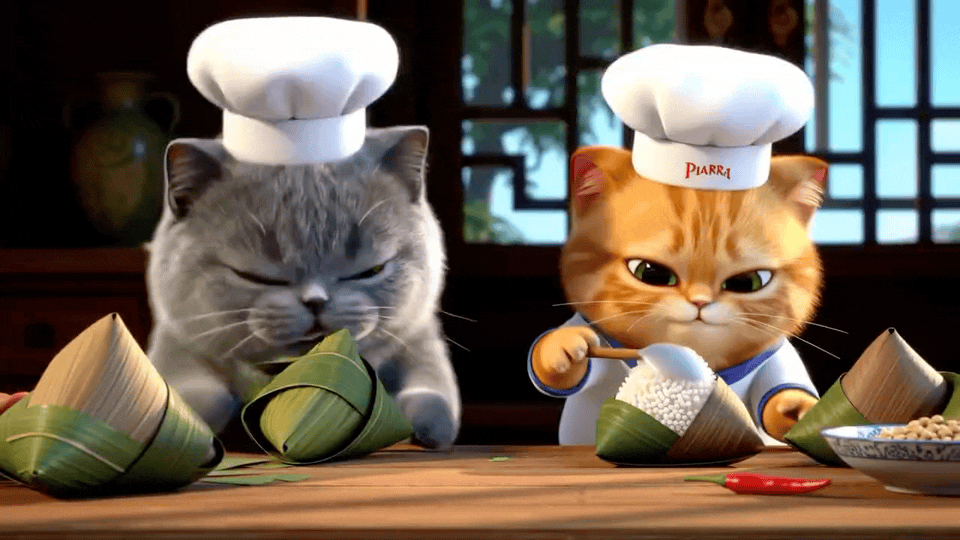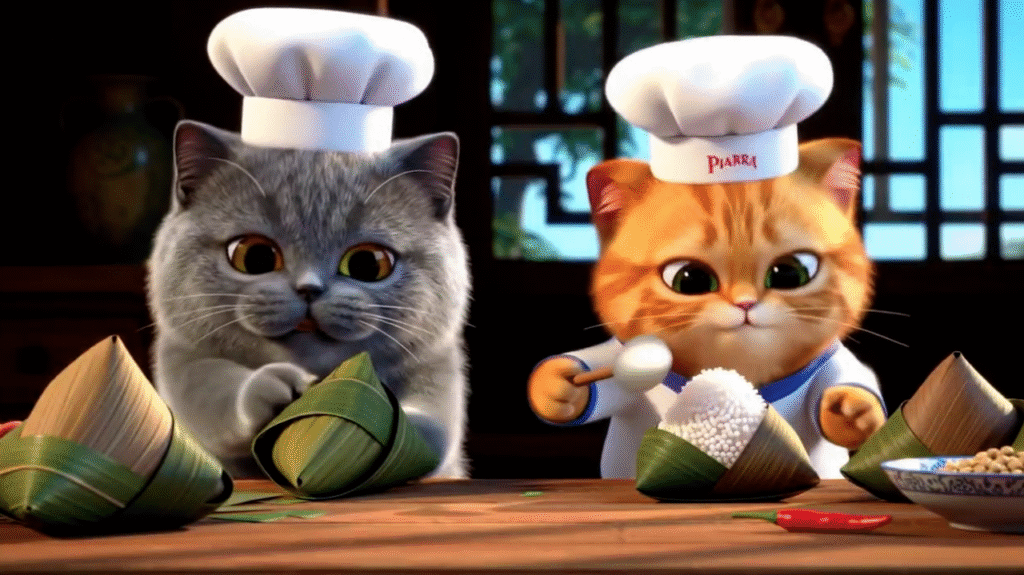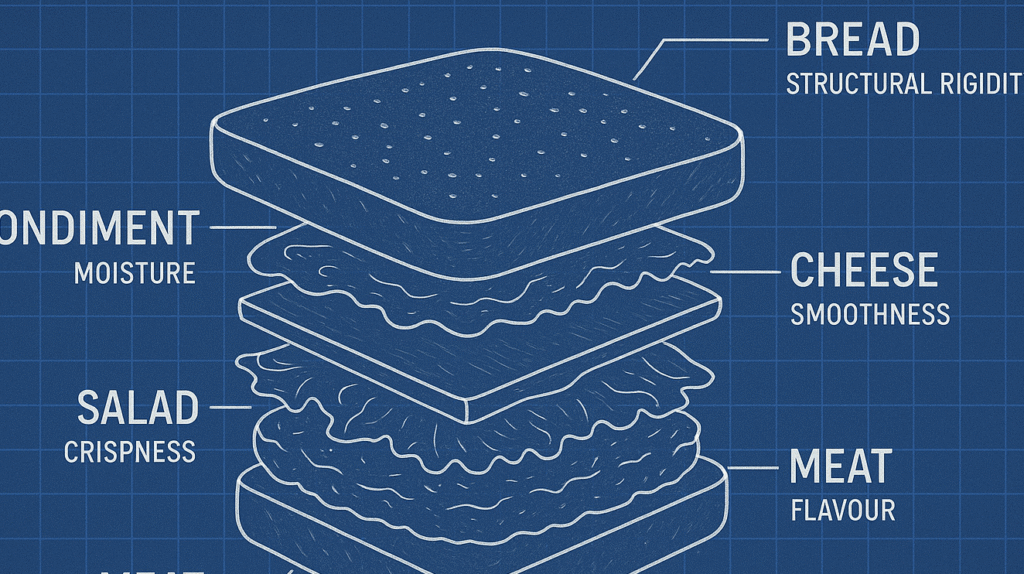Dragon Boat Festival/端午節
'All gloomy and dark is the day;
The east wind drifts and god sends down rain.1
Qu Yuan (屈原), poet, aristocrat, inventor of Zongzi (粽子), despite the often contradictory details of stories about him, he does appear to have been all three, if you have a mind open to the supernatural that is.
During the Warring States period of ancient China, he was a respected minister and poet, but due to nefarious backstabbing he was banished by his king, Lord Huai of the state of Chu. Despite having gone into exile, Qu remained loyal to the state and expressed his sorrow through his poetry, most notably in his most famous work “Li Sao” (離騷), also known as “The Lament” or “Encountering Sorrow”.
OK, that’s nice, but what has it got to do with Dragon Boat Races and food?
Let’s start with the races. Having warned Huai of the dangers of working with the Qin, Qu was devastated to learn that the Qin had conquered Chu’s capital and destroyed the king’s palace, thus on the 5th day of the 5th lunar month he threw himself to his death in the Miluo River. As this happened many centuries ago, the local people (unlike Take That fans after Robbie quit) didn’t have access to telephone support and counselling. Instead, they set off in boats trying to save him, or at least to get his body back. Beating drums and splashing water with oars to ward of fish and evil spirits they invented Dragon Boat racing.
Having failed to retrieve Qu’s body, the villagers grew concerned that he wouldn’t so much sleep with the fishes as be consumed by them and decided to throw sticky rice balls into the river in the hope that the fish would eat them instead of Qu’s corpse.
So far, so normal
And now we enter the realm of the supernatural. Legend tells us that one night, Qu appeared in his spiritual form, and told his friends that a large river dragon was eating the rice balls and told them that wrapping the rice balls in bamboo leaves tied with coloured silk threads would stop the dragon from doing so. Make of this what you will.

This is alleged to be the origin of Zongzi. Nowadays they can be either sweet or savoury, and every year the Taiwanese government warns people not of dragons, but of the inevitable weight gain that over consumption can cause!

- While the clouds gather beneath me, Quyuan, 343–278 BCE. Nothing to do with Zongzi, but the weather was miserable when I was writing this post. ↩︎




